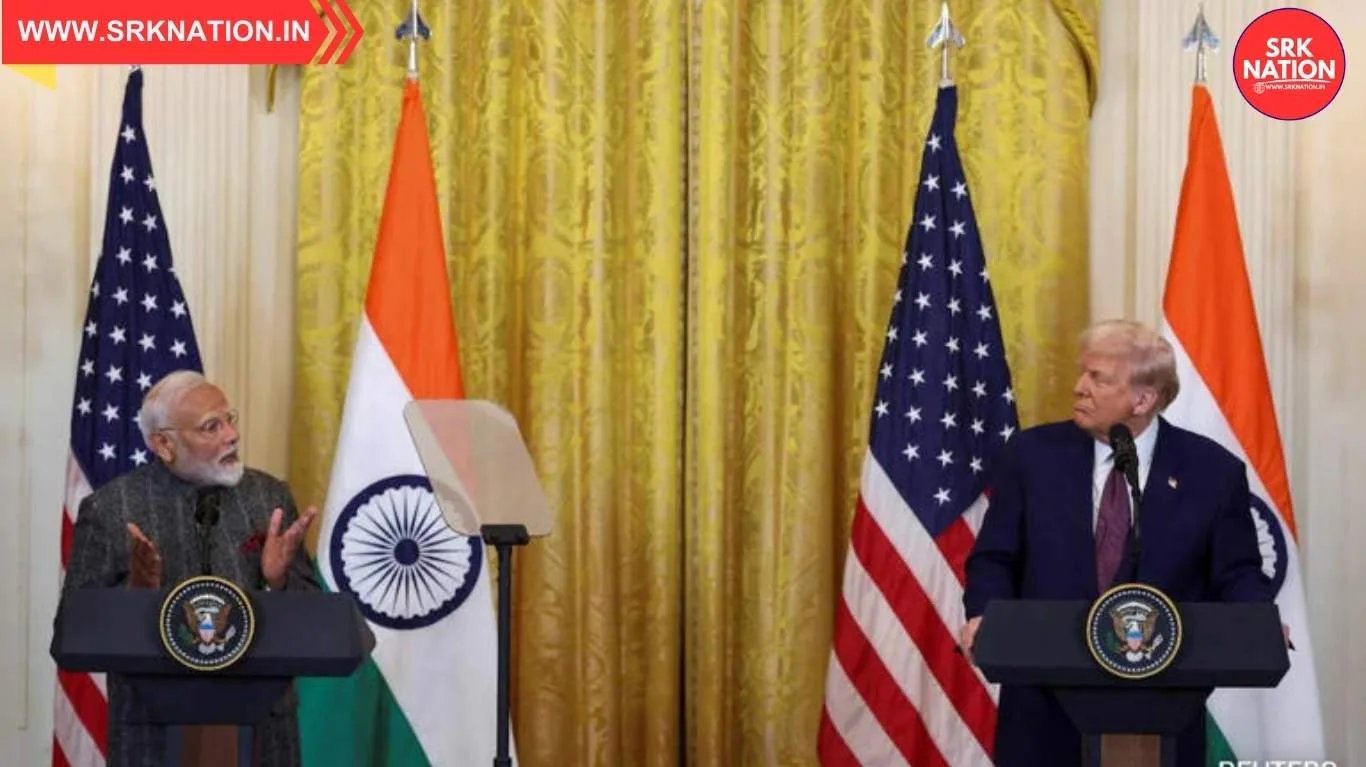The Global Trade Research Initiative (GTRI) has raised red flags over proposed changes to India’s telecom procurement policy, warning that relaxing local content (LC) norms could severely disadvantage domestic manufacturers and open the floodgates for multinational corporations (MNCs) to dominate government contracts.
The Department of Telecommunications (DoT) has initiated a public consultation process, open until July 3, to revise the Public Procurement (Preference to Make in India) Order (PPP-MII). The proposed amendments aim to ease LC requirements for telecom products, a move GTRI says could undermine India’s self-reliance goals and erode incentives for indigenous innovation.
📉 What’s at Stake for Indian Manufacturers?
Under the current PPP-MII policy, updated in October 2024, firms must ensure at least 50% of a product’s value is sourced or manufactured in India to qualify as a “Class-I” local supplier. This classification grants preferential access to government procurement contracts across 36 key telecom product categories, including routers, switches, GPON devices, and optical fiber cables.
GTRI warns that loosening these thresholds could allow MNCs like Cisco and Ericsson—who struggle to meet the current criteria—to gain unfair advantage, even if their products are largely imported or assembled with minimal local value addition.
“Such Indian firms would face the prospect of losing market share to foreign MNCs whose products remain largely imported and foreign-owned,” the GTRI note cautioned.
⚠️ Risks of Superficial Localization
The think tank also flagged the risk of “cosmetic compliance”, where companies might route imported parts through Indian resellers or inflate LC percentages using capped R&D and software work done in India—without genuine manufacturing or IP development.
This could lead to:
- Loss of strategic control over telecom infrastructure
- Reduced incentives for Indian firms investing in R&D and manufacturing
- Increased reliance on foreign technologies and supply chains
🧭 The Road Ahead
As the DoT weighs industry feedback, GTRI urges policymakers to balance ease of doing business with national interest, ensuring that any policy shift does not dilute India’s Make in India vision or compromise long-term technological sovereignty.
Stay tuned for updates on India’s evolving telecom policy landscape.











